Tab Article
Sickle cell disease (SCD) is the most common genetic blood disease recorded in various parts of India. With variable incidence ranging from 0 to 40% depending on the geographical area, it has emerged as a major public health concern in the country, especially in tribal-dominated pockets. Sickle cell disease contributes significantly to high infant mortality rate, maternal mortality rate, and anemia, apart from inflicting huge socioeconomic burden on the people living with the disease as well as their families. Adding to woes, the community faces social stigma for the disease. Awareness and access to healthcare are the cornerstone of successful interventions for management and control of any public health issue. These are severely lacking in the country as far as SCD is concerned. As a result, people living with SCD feel marginalized and discriminated against. Of late, however, things are marking a change. The center and state governments are realizing the public health and social impact of SCD and working toward improving healthcare and access for patients. New initiatives have been taken up. Due to improvement in facilities and skills of doctors, many patients are now becoming adult, getting married and going in for pregnancy. However, despite the efforts, addressing the challenge of SCD in India is a complicated course. SCD in India has variable clinical presentations, complications, and outcomes. Prediction or risk factors for morbidity and mortality are still not established. The clinical presentation with overall outcome varies among the haplotype (Senegal/Benin/Bantu/Cameroon vs. Arab Indian Haplotype, seen in India). The management based on the data of other countries may not be suitable for our patients. Moreover, there is no uniform protocol for the management of SCD in various situations of our patients based on evidence. There is, thus, a need to engage all the stakeholders to ensure holistic healthcare services for the entire sickle cell community with roadmap and timeline to achieve our targets. The Indian College of Hematology (ICH), the academic wing of Indian Society of Hematology and Blood Transfusion (ISHBT), has taken up the responsibility by preparing this SCD guideline which will be immensely beneficial for the SCD community, policy makers, medical professionals, nongovernmental organizations (NGOs), and other stakeholders.




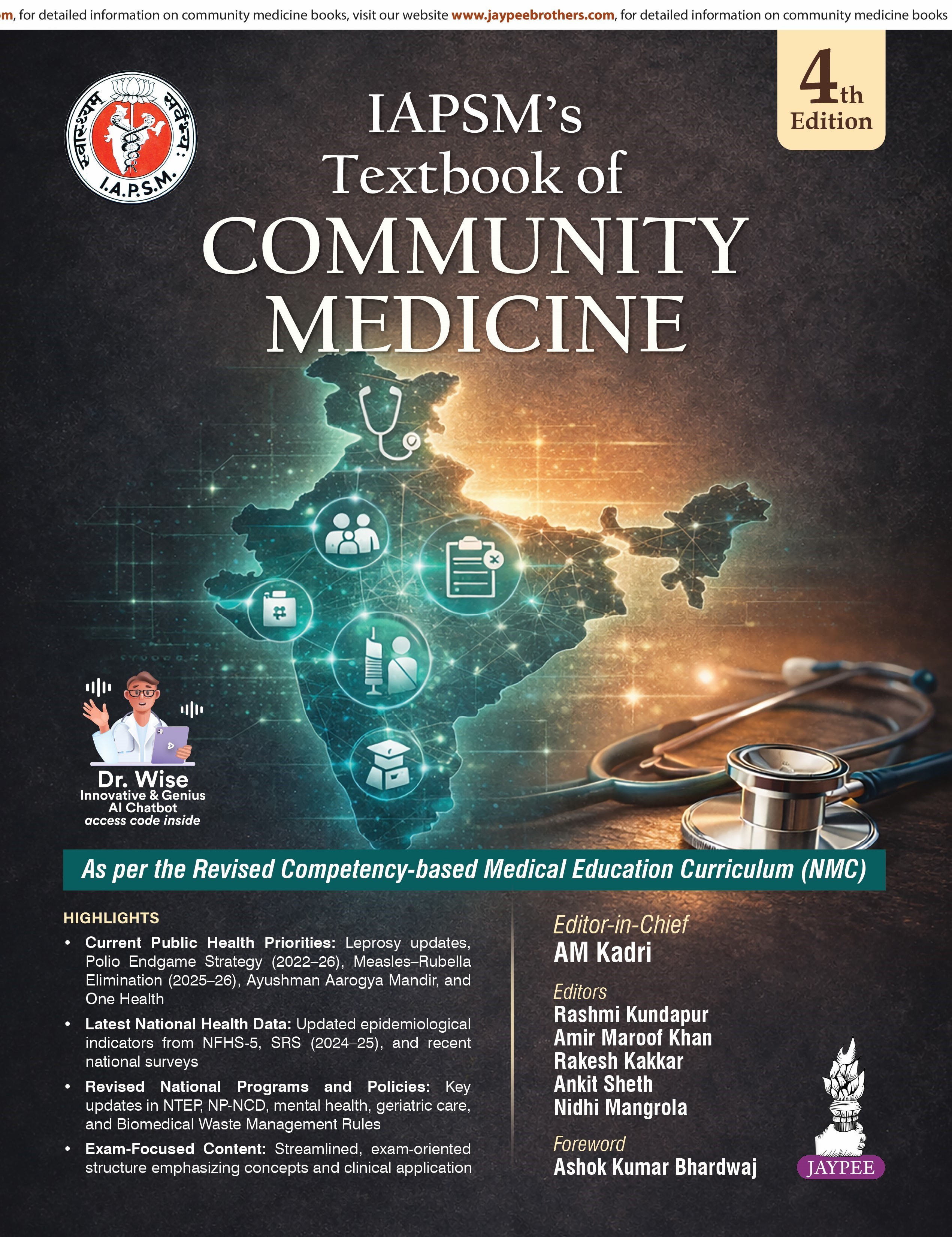
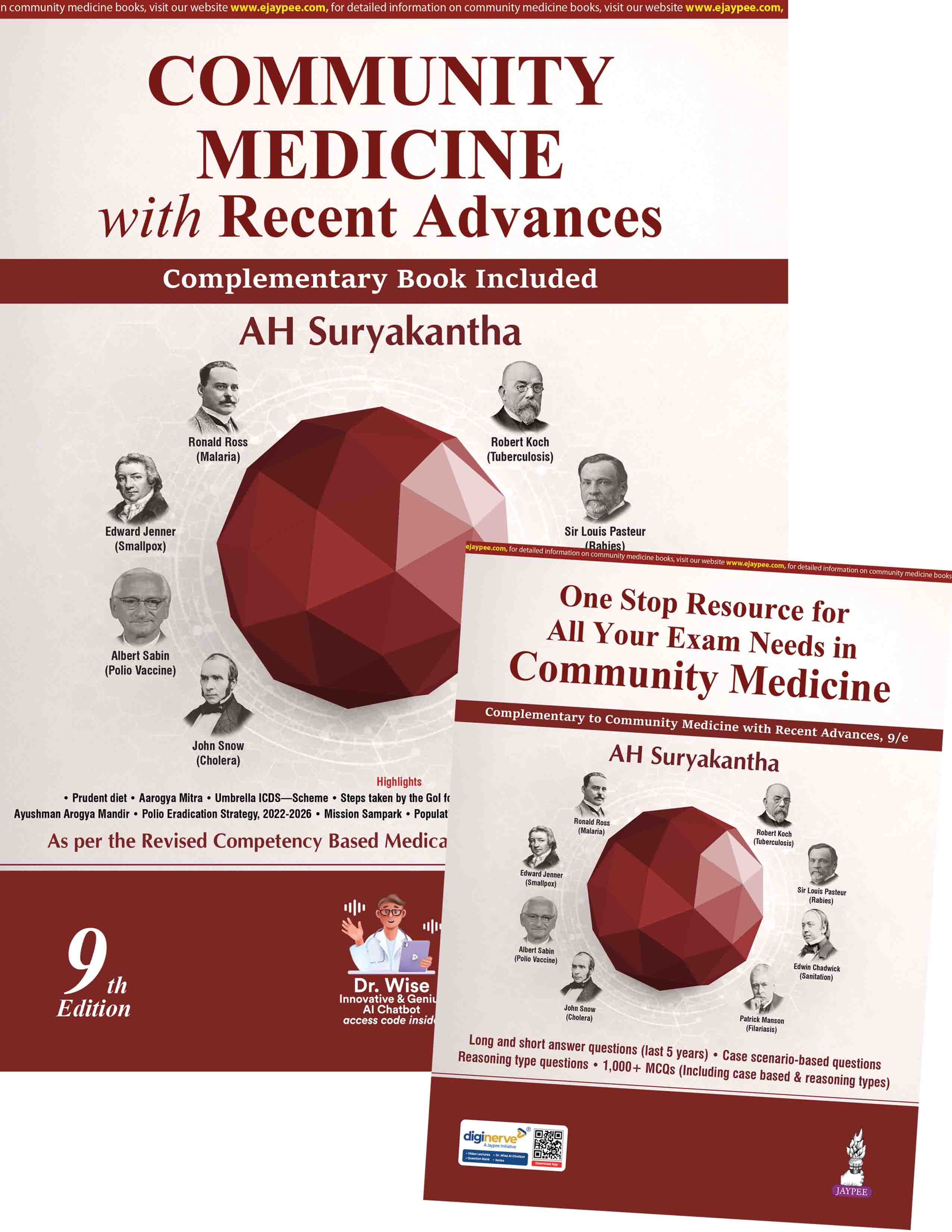
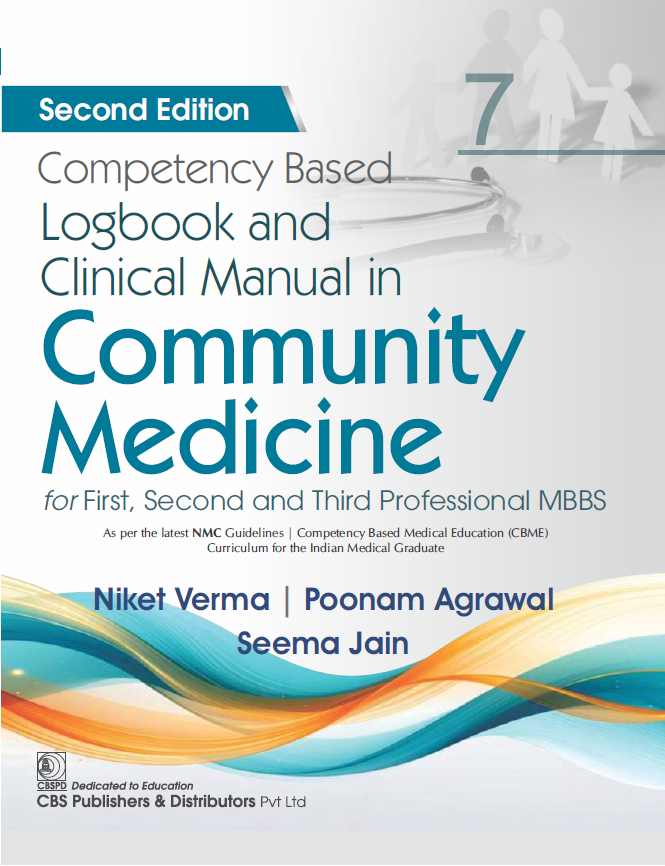

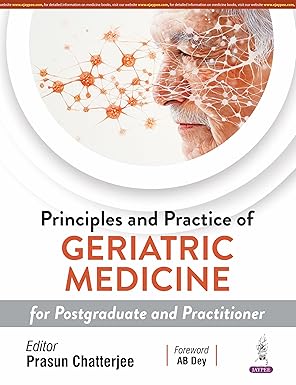
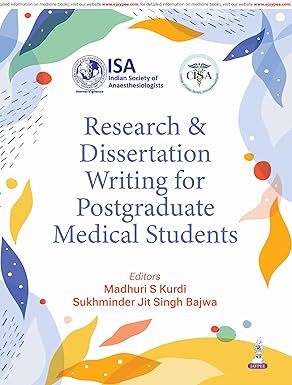
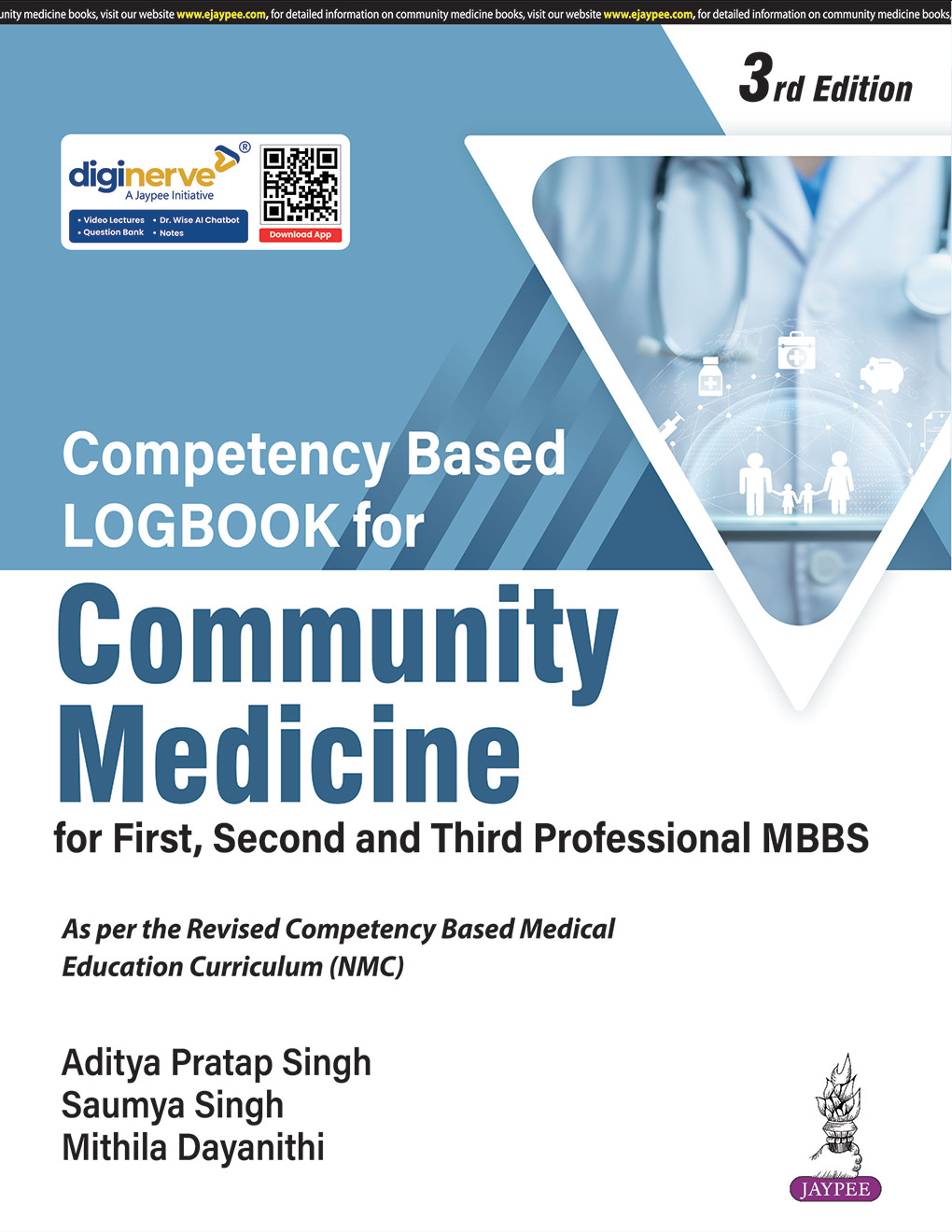

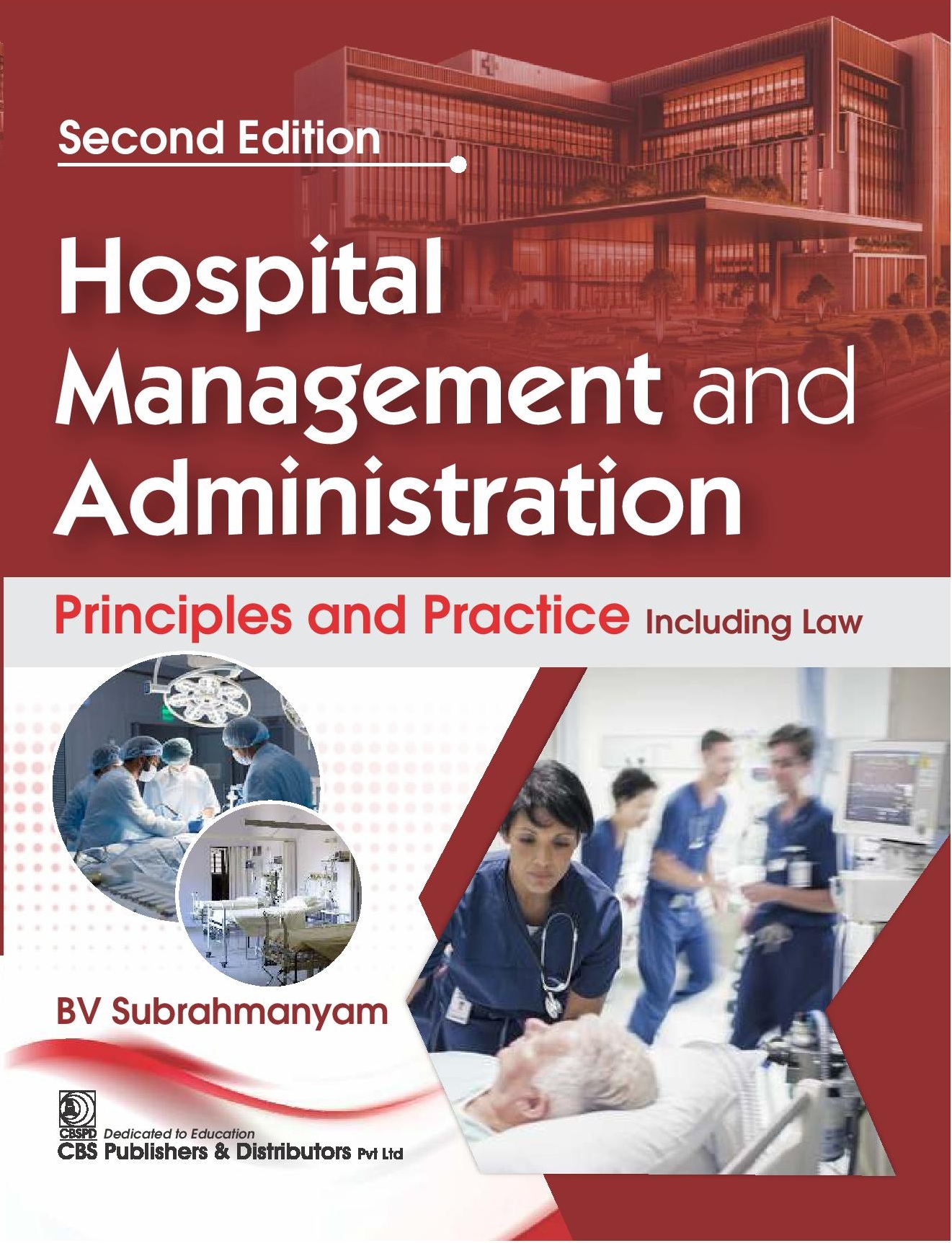
Rishabh Jain
Verified PurchaseMedioks are really helpful! I have bought most of my books from this website. They were all new and original. Most amazing part is the delivery speed. Just got the books in a few days. I would recommend Medioks to all the medical students.